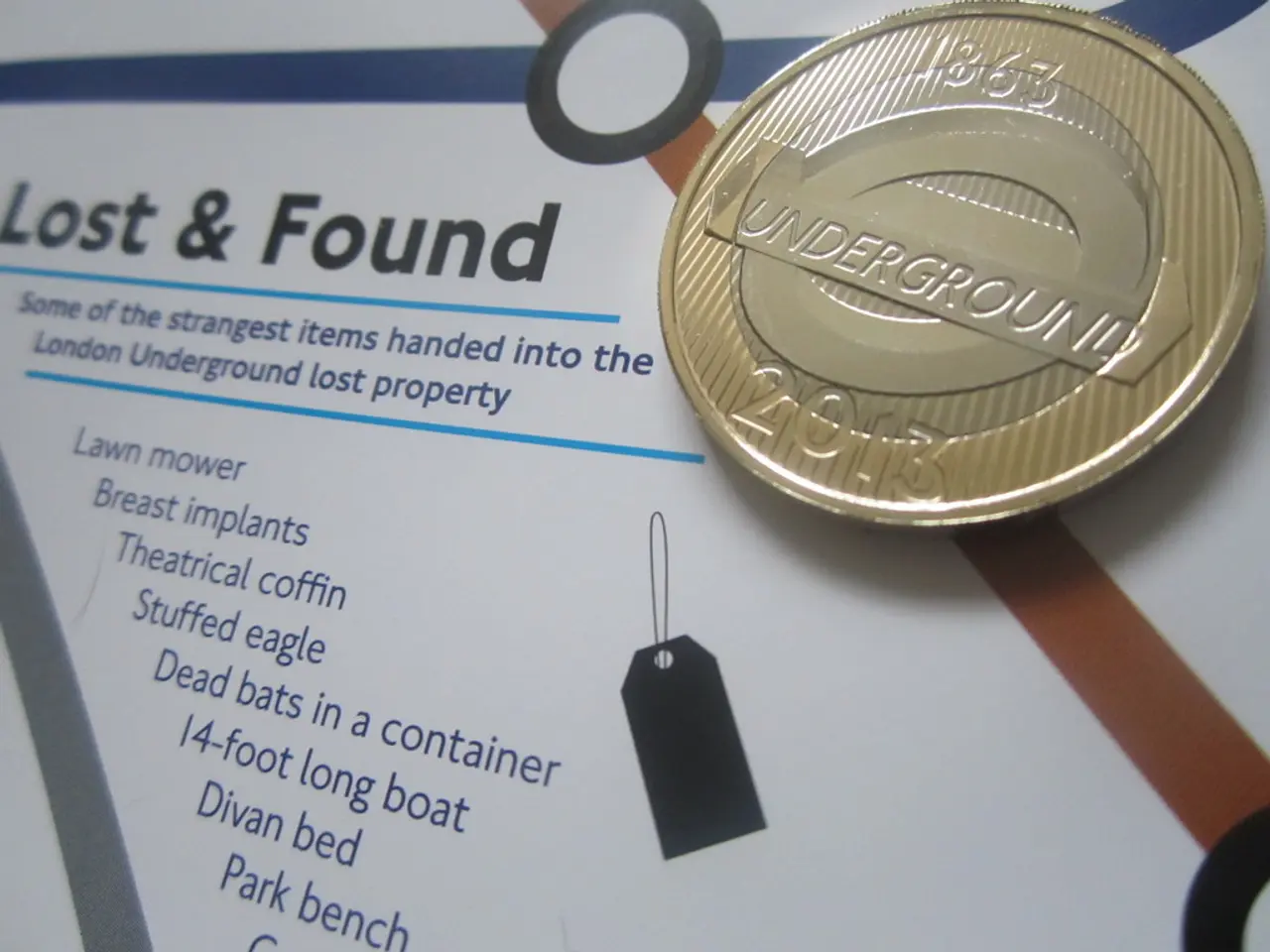Tamil Nadu's Electric Vehicle Plant Expands VinFast's Global Ambitions
VinFast, a Vietnamese electric vehicle (EV) manufacturer, is making a significant move into the Indian market by constructing a second major plant in Thoothukudi, Tamil Nadu. The factory, which is being built on previously sun-baked scrubland, is expected to create 3,000 to 3,500 jobs and produce 50,000 vehicles annually, with the capacity to triple output if demand increases.
The Tamil Nadu EV policy offers land concessions, subsidies, and expedited permits to VinFast's plant, making it an attractive location for the company. This investment of approximately ₹4,000 crore (about $500 million) over five years is part of a $2 billion commitment from VinFast.
The plant's modular design allows production to scale for nearby South Asian countries, Gulf states, and African markets, demonstrating VinFast's ambition to tap into these growing markets. Interest has already come from Nepal, Sri Lanka, and Middle Eastern distributors for the plant's production.
VinFast has teamed up with local companies like RoadGrid, myTVS, Global Assure, and BatX Energies to establish a charging and service backbone, recycling, and second-life applications in India. This partnership ensures a reliable EV charging and aftersales network, supporting long-term customer accessibility and convenience in India — factors critical for EV adoption.
The first VF 6 and VF 7 models are set to reach Indian customers soon after the ribbon-cutting. By delivering competitively priced vehicles with reliable after-sales support, VinFast may pressure local automakers to expand their EV lineups, nudging India closer to its target of electrifying 30 percent of new car sales by 2030.
VinFast sees India, where electric vehicles make up a single-digit share of the market, as a market on the edge of rapid growth. The company hopes to replicate a strategy that has served it well in Vietnam, by building an ecosystem that includes production, charging stations, sales, after-sales support, and financing.
The project is expected to speed India's transition to cleaner transport by reducing one of the biggest barriers to EV adoption. By focusing initially on tier-2 cities like Surat for dealerships, VinFast aims to capture growing demand beyond tier-1 metros, showing a nuanced market strategy.
Construction of the factory has stayed on schedule since the memorandum of understanding was signed in early 2024. If tariff agreements with the United States advance, Thoothukudi could become a hub for right-hand-drive exports, further boosting the local economy.
In conclusion, VinFast's decision to establish a factory in southern India is driven by a desire to leverage India's rapidly expanding EV market, localize manufacturing and supply chains for cost efficiency, build a sustainable aftersales ecosystem, and position India as a strategic hub for exports to neighboring regions.
- VinFast's second plant, under construction in Thoothukudi, Tamil Nadu, aims to manufacture 50,000 electric vehicles annually, potentially tripling output based on demand.
- The modular design of the Thoothukudi factory allows for scalable production not only in India but also in South Asian countries, Gulf states, and African markets.
- The investment of approximately ₹4,000 crore (about $500 million) over five years from VinFast is supported by the Tamil Nadu EV policy, offering land concessions, subsidies, and expedited permits.
- Local partnerships with companies like RoadGrid, myTVS, Global Assure, and BatX Energies are instrumental in establishing a reliable EV charging and aftersales network in India.
- The first VF 6 and VF 7 models will be delivered to Indian customers following the factory's opening, and these competitively priced electric vehicles may pressure local automakers to expand their EV lineups.
- By focusing on tier-2 cities like Surat for dealerships, VinFast aims to capture rapidly growing EV demand beyond tier-1 metros, demonstrating a strategic market approach.
- VinFast's strategy in India includes building an ecosystem comprising production, charging stations, sales, after-sales support, and financing, with the ultimate goal of positioning India as a strategic hub for EV exports to neighboring regions.




